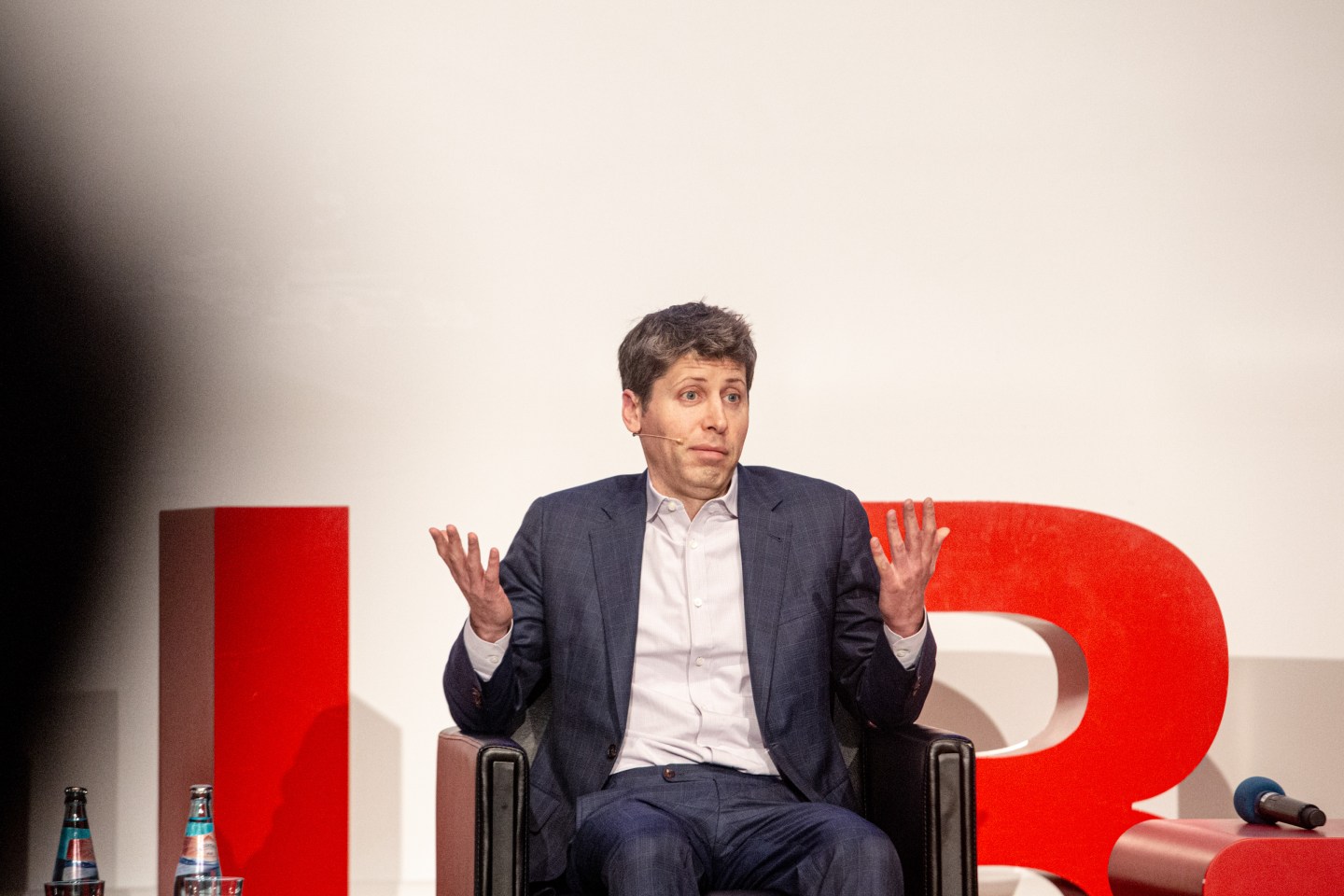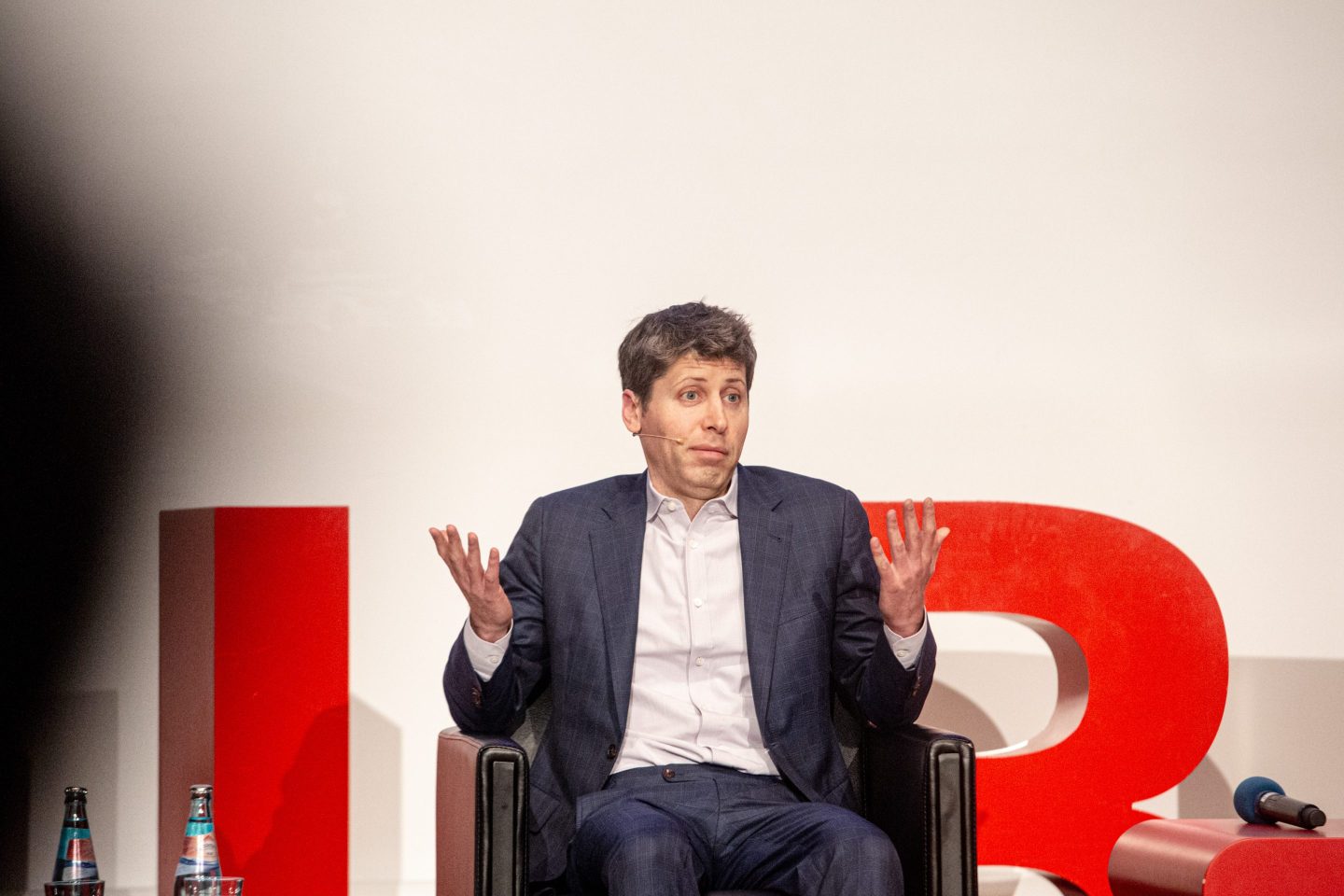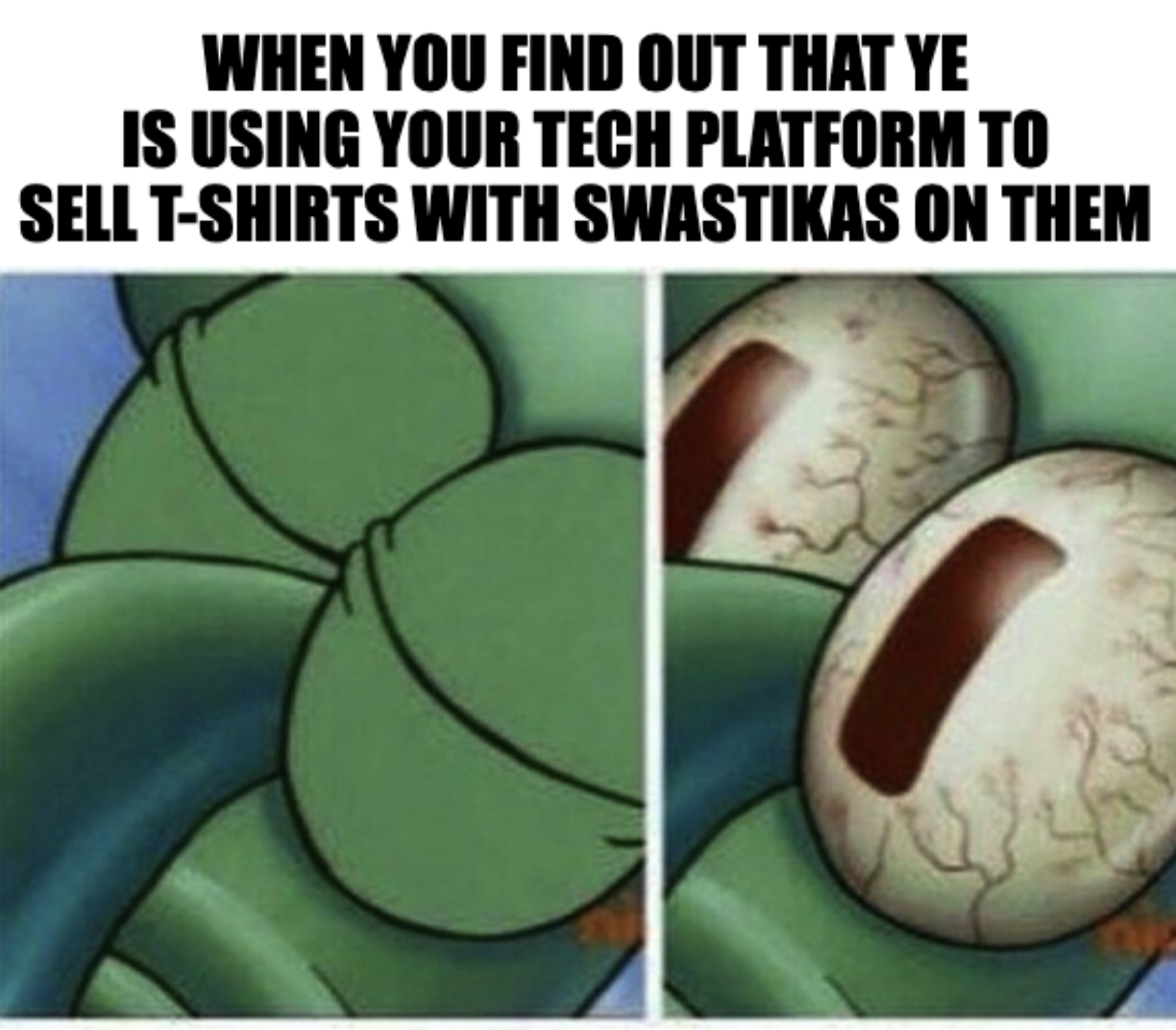Good morning. We at Fortune love a second act—we once had a recurring column dedicated to them—but a third…well, that’s just gilding the lily, eh?
Jason Eichenholz cofounded Luminar Technologies, which makes sensing tech for autonomous vehicles. After the company went public, he turned his attention to Jonathan’s Landing, which builds housing for adults with autism. Just when he thought he was out…hollow-core fiber pulled him back in.
His new venture, called Relativity Networks, promises to connect AI data centers with far lower latency than what’s commercially available today, allowing hyperscalers to build their facilities almost 20 miles (or 30 kilometers) further from each other. That’s big news for dense, urban areas…and every, ahem, magnificent tech company competing in the Great AI Wars of 2025. Read more about it here.
Today’s news below. —Andrew Nusca
Want to send thoughts or suggestions to Data Sheet? Drop a line here.
Elon Musk makes $97.4 billion bid for OpenAI

It’s either his latest, greatest troll…or a shrewd move to set back his most formidable rival.
OpenAI cofounder Elon Musk, who left the company’s board in 2018 to eventually start rival artificial intelligence company xAI, has gathered a group of investors to make an unsolicited $97.4 billion bid to buy the assets of the nonprofit organization that controls the for-profit OpenAI.
“no thank you but we will buy twitter for $9.74 billion if you want,” OpenAI CEO Sam Altman wrote on the social media service X, née Twitter, which Musk bought for $44 billion in 2022.
For those who haven’t been keeping score at home, OpenAI has been maneuvering to revamp its unusual corporate structure, created when it was a mission-driven research organization, to a form that would facilitate its commercialization efforts and support its sky-high valuation (last rumored to be somewhere in the ballpark of $300 billion).
OpenAI has been fundraising at a furious clip and is reportedly working to close a $40 billion round led by SoftBank.
That will be more difficult with a bid from Musk’s consortium, which reportedly includes 8VC, Atreides, Baron Capital, Valor, Vy Capital, xAI, and Endeavor CEO Ari Emanuel, among others.
The value of the assets controlled by the OpenAI nonprofit has not been determined; this bid puts a price tag on them, potentially forcing Altman’s for-profit arm to pay more to separate from the nonprofit, lest it risk further scrutiny from regulators. —AN
Lyft plans to launch robo-taxis in Dallas in 2026
Lyft says it will launch a fleet of robo-taxis in Dallas “as soon as 2026.”
In a post on social media, Lyft CEO David Risher said the ride-hailing company would use self-driving technology from Mobileye, which is majority-owned by Intel, for vehicles in the Texas city of 1.3 million people.
“Thousands more” vehicles in additional markets will follow, he added. Lyft has partnered with Japan’s Marubeni to operate the fleet; Marubeni oversees almost a million vehicles around the world and has worked with Mobileye in his home country.
Lyft didn’t specify a chosen automaker for its planned Dallas fleet.
A battle for Texas is brewing. Five days ago, Lyft rival Uber opened a waitlist for Waymo robotaxis in Austin, the Texas capital 200 miles to Dallas’ south. Uber had announced its entry into the market, as well as Atlanta, in September.
Meanwhile Elon Musk told Tesla investors in January that his electric automaker would begin robo-taxi service in Austin by June of this year. "We feel confident in being able to do an initial launch of unsupervised, no one in the car, full self-driving in Austin in June," he said. —AN
France creates $400 million foundation for public interest AI
The French government is set to announce the creation of a new foundation dedicated to the creation of AI “public goods” at the AI Action Summit in Paris.
Called Current AI, the organization will be established Tuesday with an initial endowment of $400 million from the French government, the AI Collaborative—which is part of eBay founder Pierre Omidyar’s philanthropy, the Omidyar Network—and a coalition of other countries, technology companies, and philanthropic organizations.
The new foundation says its goal is to eventually raise $2.5 billion over five years. It will make grants to fund work that supports public interest projects around AI.
Companies backing the foundation include Google and Salesforce as “core partners,” and Hugging Face, Instacart, AI startup Sakana AI, and others as “supporters,” suggesting they have committed less money to the project.
Martin Tisné, the CEO of the AI Collaborative and France’s special envoy for public interest AI at the AI Action Summit, told Fortune he envisions many of these projects being around the creation of new public datasets that can be used to build AI models that serve the public interest.
The new foundation would look to support the development of smaller AI models that are targeted to specific use cases, fund efforts to create a “resilient open source AI ecosystem,” and make grants around AI accountability, he said.
In addition to France, the initiative will receive support from eight other countries, including Germany, Finland, Switzerland, Chile, Kenya, and Nigeria.
“If you are not the U.S. and not China, you are more in the same boat [with every other country] than you think,” Tisné said. —Jeremy Kahn
More data
—Nokia’s new CEO is Justin Hotard. He previously led Intel’s data center and AI group.
—China’s trade war Big Tech target list: Apple, Broadcom, Synopsys, others.
—OpenAI’s homegrown chip design is nearly finalized. TSMC will fabricate the chip, reducing OpenAI's Nvidia reliance.
—Meta privacy teams lose authority. Less power to delay product launches, audit of prior decisions.
—Google Maps now says “Gulf of America” if you’re in the U.S.
—19 U.S. states consider putting public funds in crypto. Michigan and Wisconsin already do.
—Arm CEO Rene Haas isn’t afraid of DeepSeek. Says the real worry is if AI investment pulls back.
—NXP acquires Kinara for $307 million. The latter makes neural processing units for so-called edge AI applications.
—AI development is too focused on English. OpenEuroLLM aims to help 32 languages catch up.
—Discord introduces “ignore” feature. Users had requested a way to tune others out without a discoverable block.














